EU Energy Crisis result of war in Ukraine with the worst yet to come
Skyrocketing energy prices have cost Europe nearly $1 trillion according to a recently published report which states the current situation is the fallout of the war in Ukraine and is just the beginning of the deepest crisis in decades.
Citing its calculations based on market data, a report published by Bloomberg said $1 trillion is a broad tally of more expensive energy for consumers and companies in European countries.
However, that's just the beginning.
After this winter, the region will have to refill gas reserves with little to no deliveries from Russia intensifying competition for available supplies of LNG.
Despite more facilities to import liquefied natural gas coming online, the market is expected to remain tight until 2026 when additional production capacity, from the US and Qatar, becomes available with no respite from high prices, at least in the short term.
The report also referred to more than $700 billion pledged by the European Union governments to protect consumers and companies from soaring prices, noting that it is becoming increasingly unaffordable as interest rates are rising and economies are already in recession amid the war in Ukraine.
Government fiscal capacity is already stretched as about half of the European Union member states have debt exceeding the blocks limit of 60% of gross domestic product.
A rush to fill storage last summer, despite near record prices, has eased the supply squeeze, for now, but freezing weather is giving Europe's energy system its first real test this winter.
Last week Germany's network regulator warned that not enough gas is being saved in two of five indicators, concluding that consumption levels have become critical. Due to the current supply constraints businesses and consumers have been asked to reduce usage.
According to the International Energy Agency, the EU managed to curb gas demand by 50 billion cubic meters this year, but the region still faces a potential gap of 27 billion cubic meters in 2023, assuming Russian supplies drop to zero and Chinese LNG imports return to 2021 levels.
The main source of gas from Russia to Western Europe was via the Nord Stream pipeline, which was damaged in an act of sabotage in September.
The region is still receiving a small amount of Russian gas supplies through Ukraine, but heavy shelling of Kiev’s energy infrastructure by the Kremlin puts the route at risk. Without this gas line refilling storage will be challenging.
LNG imports into Europe are at record levels with new floating terminals opening in Germany to receive the fuel. Government back buying has helped Europe attract cargoes away from China, but cooler weather in Asia, and a potentially strong economic recovery after Beijing eased COVID restrictions, could make that more difficult.
Chinese gas imports are likely to be 7% higher in 2023 than this year, Beijing has started securing LNG supplies for next year, putting it in direct competition with Europe for spare shipments.
China isn't Europe's only problem, other Asian countries are also moving to procure more gas. Japan, the world's top LNG importer this year, is even considering setting up a strategic reserve, with the government also looking to subsidize purchases.
For the likes of Germany, which rely on affordable energy to make products, from cars to chemicals, higher costs mean losing competitiveness to the US and China. That puts pressure on Chancellor Olaf Schultz and his administration to maintain support for the economy. The challenge is finding the balance between keeping factories running and homes heated in the near term.
The Kremlin has lashed out at a decision by the European Union to put a price cap on natural gas in order to supposedly deprive Russia of funds to continue the war against its neighbour Ukraine. The Kremlin spokesperson, Dmitry Peskov, said on Monday that the decision was an attack on market pricing mechanisms.
Peskov's criticism came after EU energy ministers agreed to trigger a cap if gas prices exceed 180 euros per megawatt hour for three days on the Dutch title transfer facility gas hub's front month contract, which serves as the European benchmark. the price cap can be triggered from February 15 2023.
Reuters reported having seen a document detailing the final deal. Three EU officials were cited by Reuters as saying that the Netherlands and Austria abstained from voting on the decision.
Both countries had resisted the cap during negotiations, fearing it could disrupt Europe's energy markets and compromise Europe's energy security.
The EU officials added, Germany voted to support the deal despite having raised concerns about the impact of the policy on Europe's ability to attract gas supplies in price competitive global markets.
The deal followed months of debate on the idea and two previous emergency meetings that failed to clinch an agreement among countries that disagreed on whether a price gap would help or hinder Europe's attempts to contain the energy crisis.
Poland however, welcomed the agreement saying it would put an end to what it called Market manipulation by Russia and Gazprom.
Russia's war in Ukraine started in late February, with Moscow saying that it was aimed at defending the pro Russian population in the eastern Ukrainian regions. of Luhansk and Donetsk against persecution by Kyiv.
The gas price cap is also aimed at punishing Russia for cutting off most of its gas deliveries to EU countries in reaction to the sanctions which the block has slapped on Moscow over the war.
VIDEO | Iran seeking ouster of US forces from West Asia region: Analyst
VIDEO | Press TV's news headlines
BritCard protest march converges on London
Iran Greco-Roman athlete Farrokhi named wrestling phenomenon of year
Iran finishes runner-up at Asian Youth Para Games
Discover Iran: Gonbad-e Qabus, a millennium-old tower of brick and geometry in Golestan
Tensions inside Yemen in line with Israel’s plot to disintegrate region: Iran
WHO: Over 1,000 Palestinians died awaiting medical evacuation from Gaza


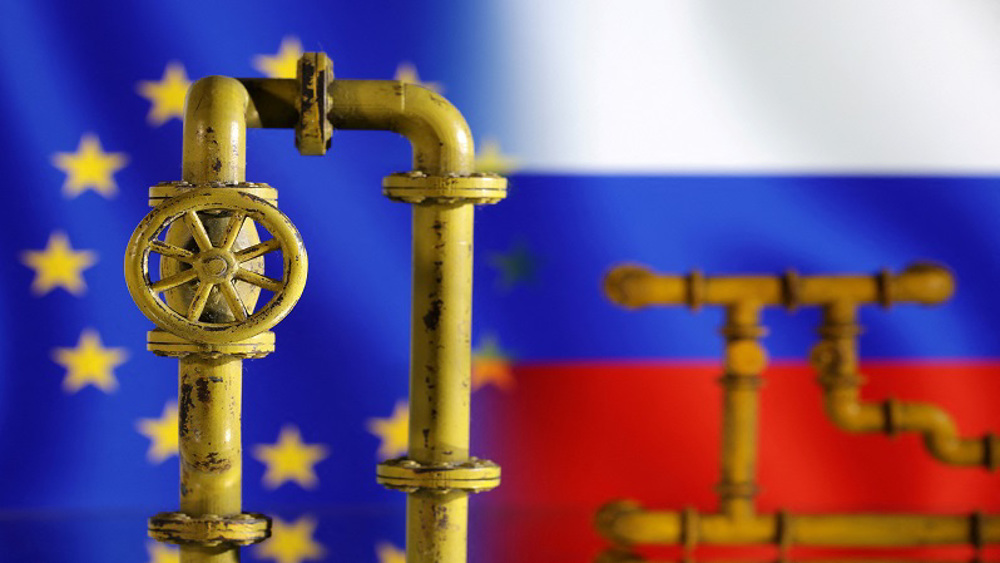


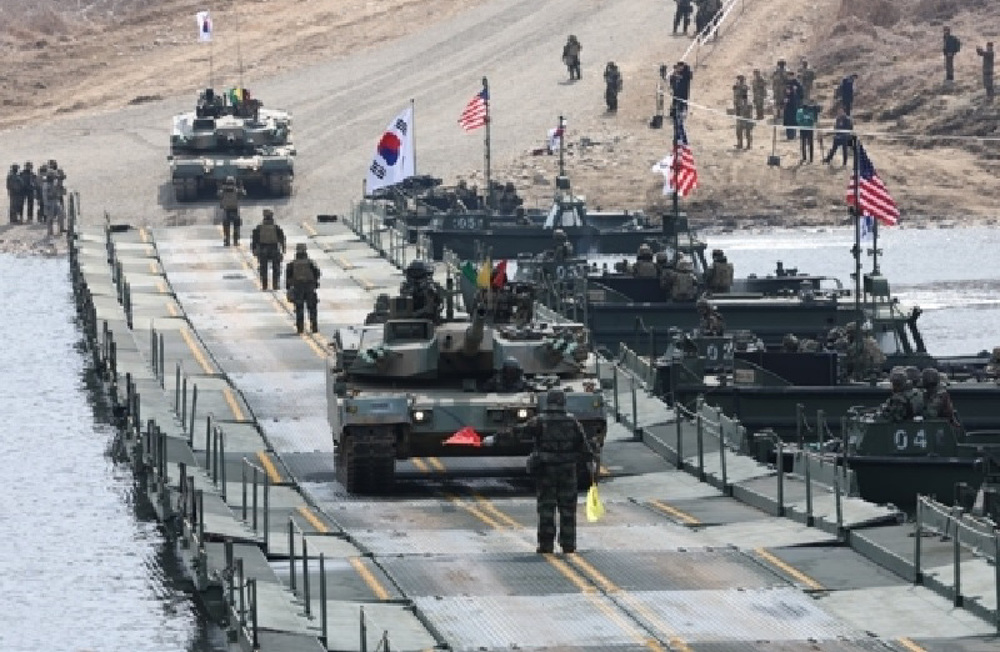



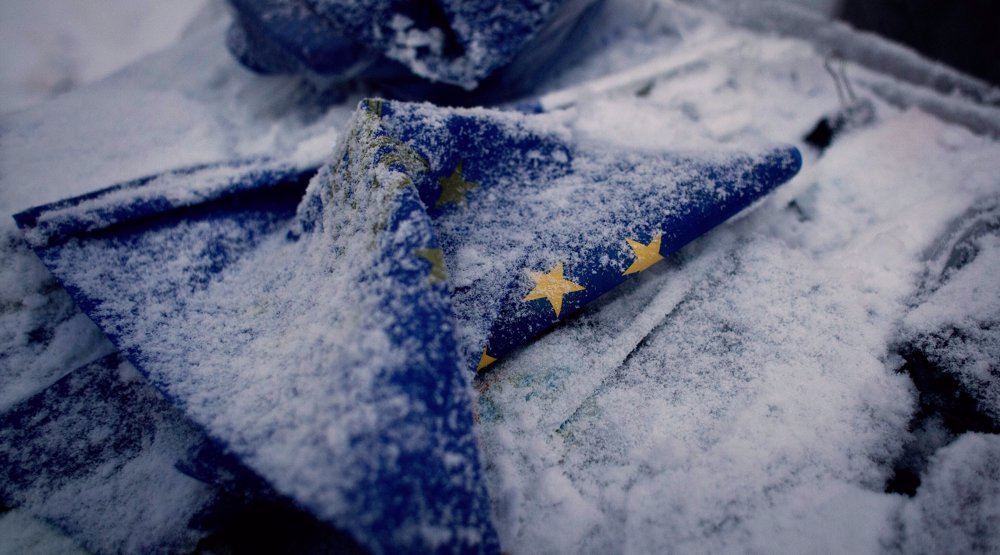
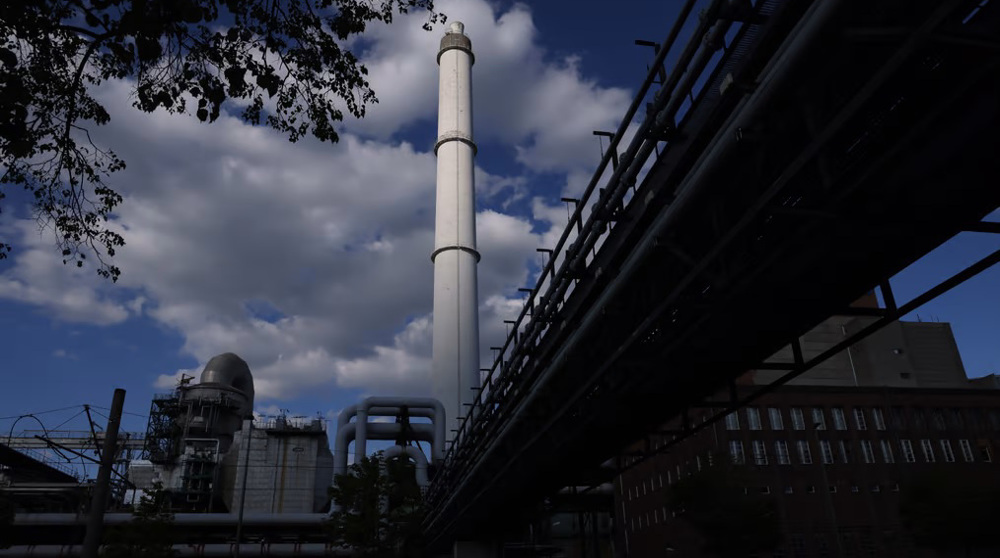
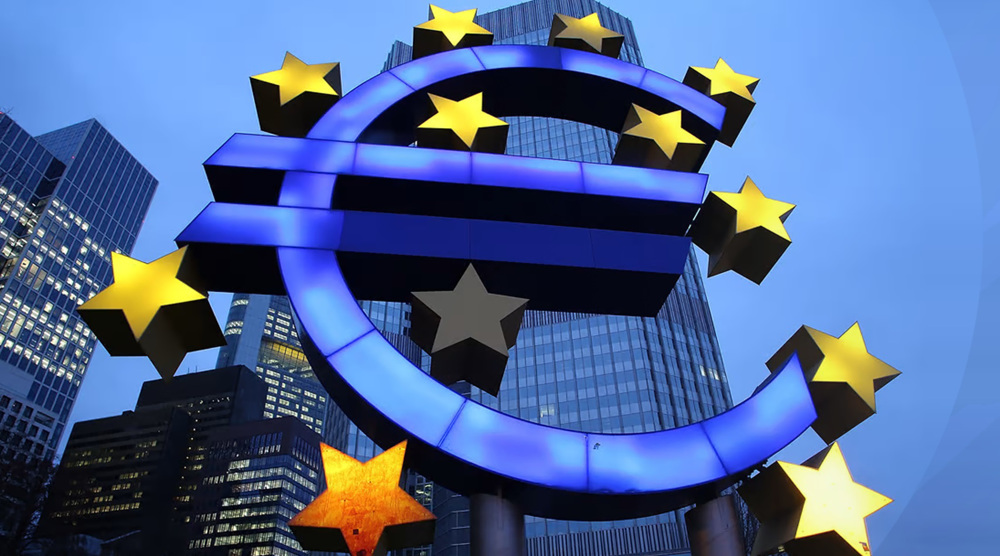
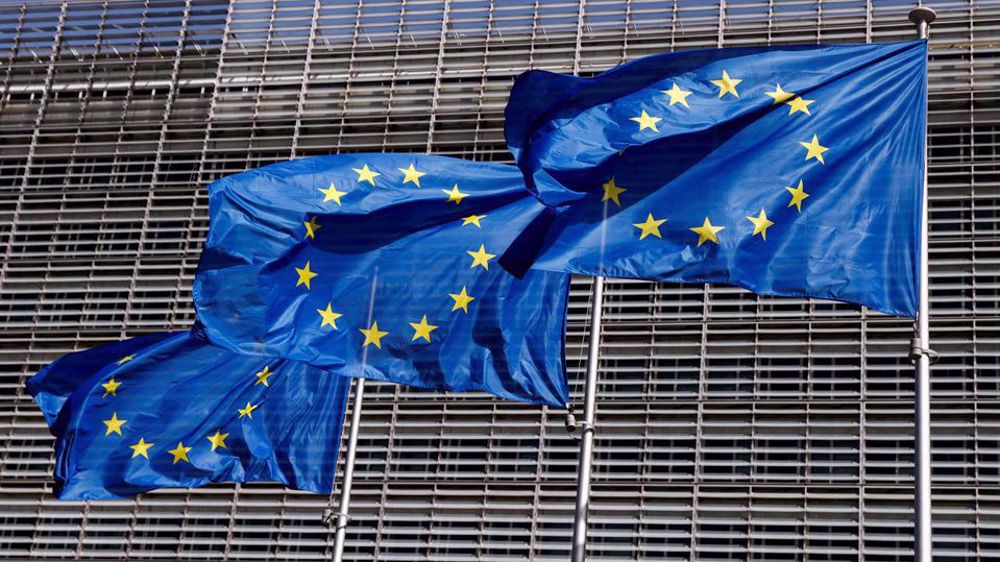
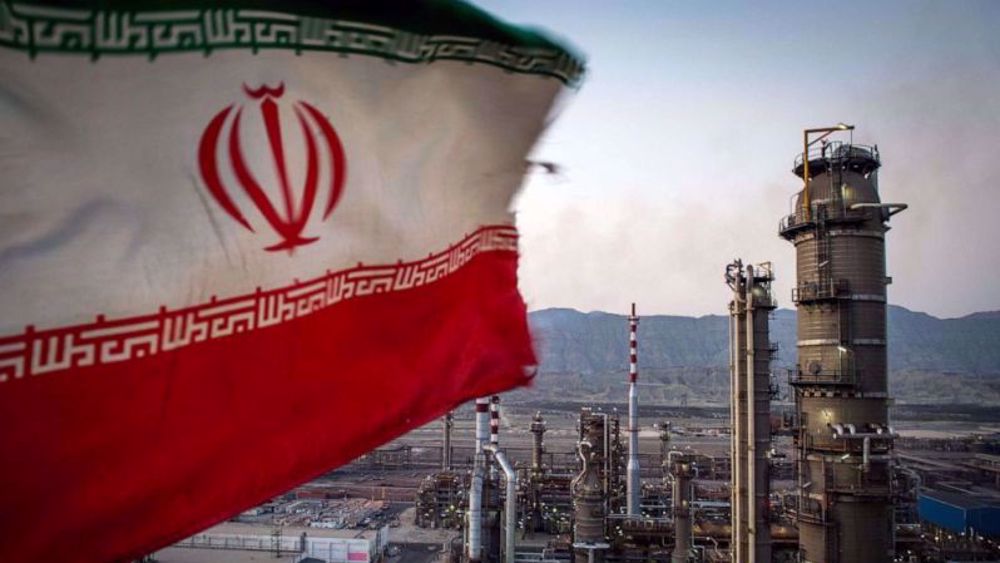
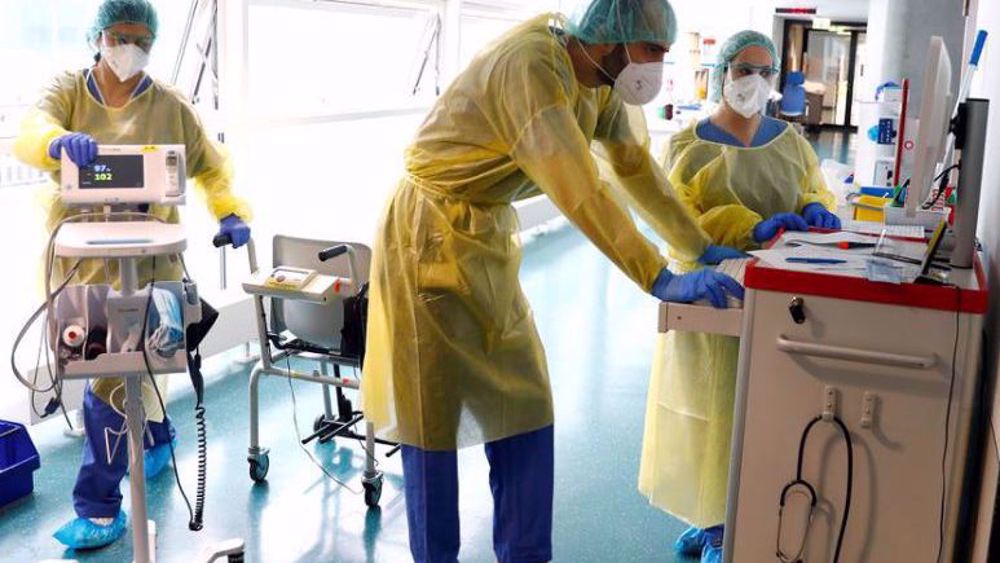
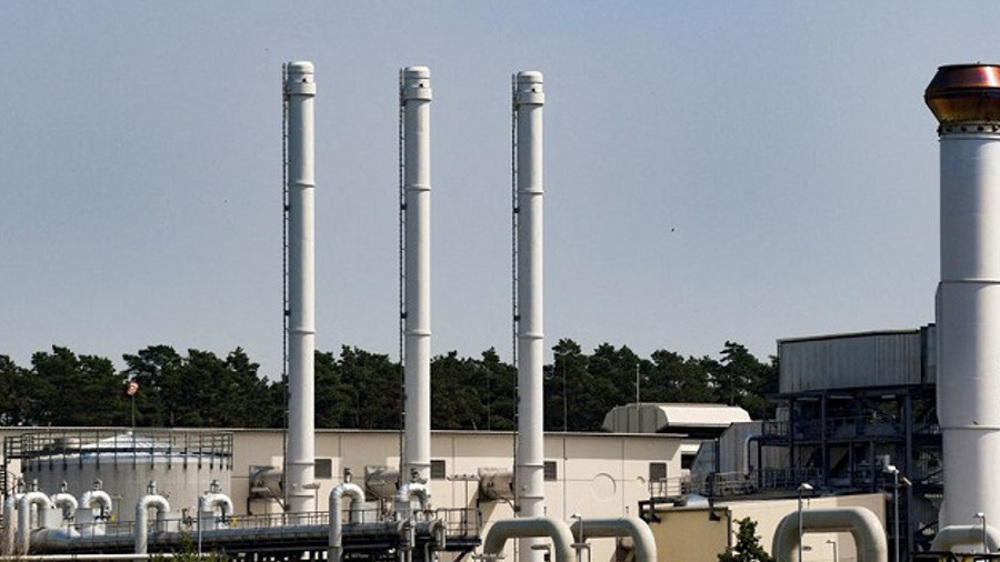
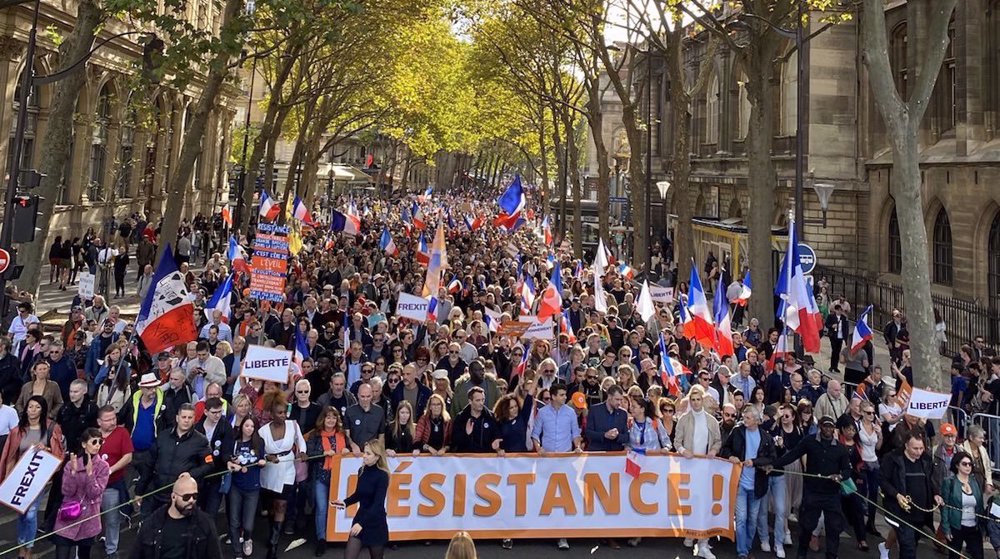
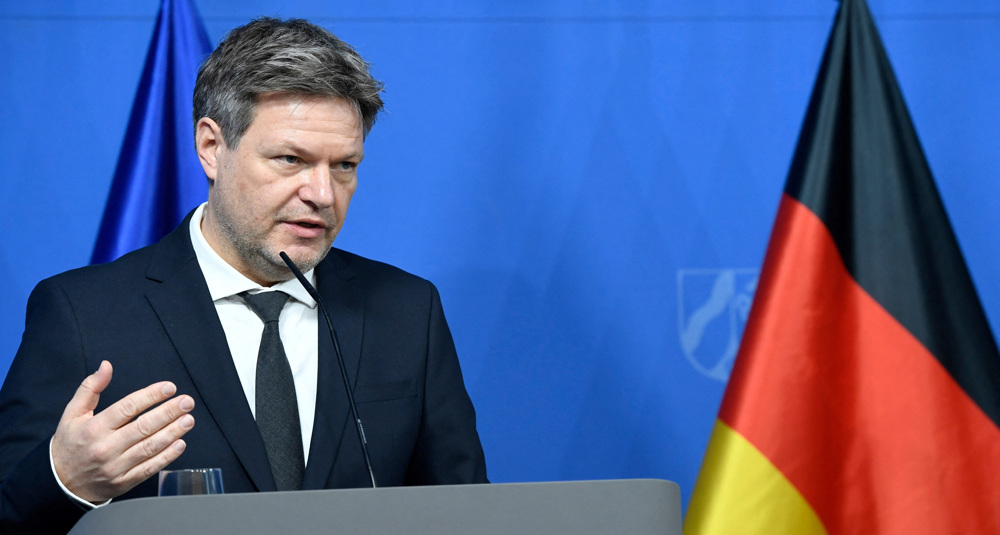
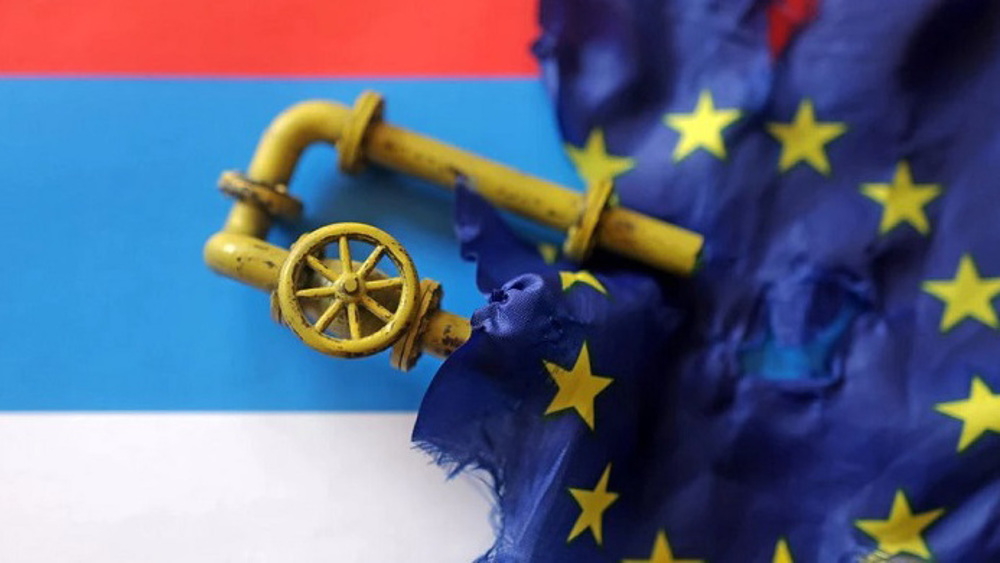

 This makes it easy to access the Press TV website
This makes it easy to access the Press TV website